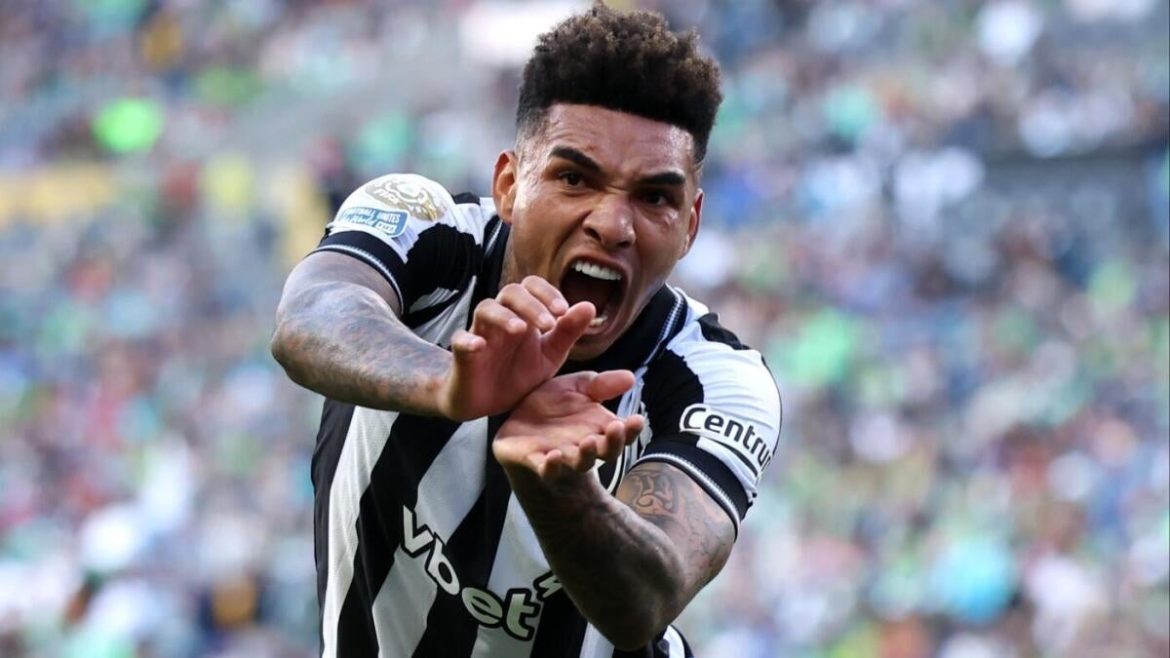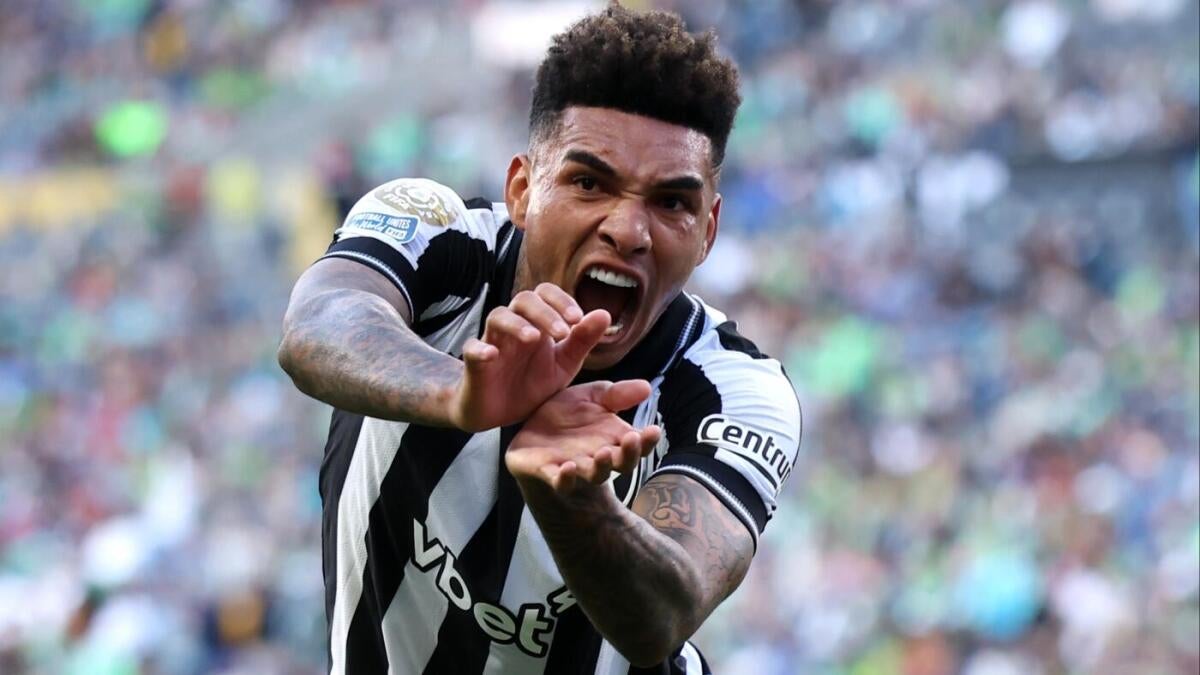The Upset in Pasadena: Botafogo Stuns PSG at the Club World Cup
The 2025 FIFA Club World Cup has already delivered a seismic shock, as Brazilian side Botafogo defeated Champions League winners Paris Saint-Germain (PSG) 1-0 in a Group B clash at the Rose Bowl in Pasadena, California. The result, widely described as a “stunning upset,” has thrown the group wide open and ignited debate about the evolving landscape of global club football. This wasn’t merely a loss for PSG; it represented a halt to a significant streak and a humbling experience for a team accustomed to dominance.
A Statistical Disconnect: Possession Doesn’t Guarantee Victory
The match statistics paint a picture of Parisian control that didn’t translate to the scoreboard. PSG dominated possession with 75% of the ball and completed nearly 500 more passes than Botafogo. They registered a total of 16 shots, a stark contrast to Botafogo’s mere four attempts. However, this statistical advantage proved meaningless as PSG only managed to put two shots on target. This glaring inefficiency in front of goal proved to be their downfall. The defeat ended PSG’s impressive run of 19 consecutive games with a goal, highlighting the fragility of even the most potent attacking forces.
Igor Jesus: The Architect of the Upset
The decisive moment arrived courtesy of Brazilian international Igor Jesus, who scored the only goal of the match. Released by Marlon Freitas, Jesus skillfully navigated past PSG’s central defenders, demonstrating a clinical finish that left the Parisian goalkeeper with no chance. Jesus’s goal wasn’t just a moment of individual brilliance; it was the culmination of Botafogo’s tactical discipline and unwavering commitment to defensive solidity. He has quickly become the focal point of Botafogo’s success, leading them to this historic victory.
Botafogo’s Triumph: A Testament to South American Football
Botafogo’s victory is a significant moment for South American football, demonstrating the continued competitiveness of the CONMEBOL Copa Libertadores champions against their European counterparts. Having recently secured their first Copa Libertadores title in their 123-year history, Botafogo arrived at the Club World Cup brimming with confidence. This win confirms their status as a force to be reckoned with on the global stage. The result also positions Botafogo favorably in Group B, currently topping the standings with three points, ahead of both PSG and Atlético Madrid.
Implications for Group B and Tournament Dynamics
The upset has dramatically altered the dynamics of Group B. PSG, previously considered favorites, now find themselves in a precarious position, needing a positive result in their final group stage match to avoid elimination. Atlético Madrid, having previously suffered a 4-0 defeat to PSG, will also see this result as a potential opportunity to advance. The group has quickly become a “Pool of Death,” as described by *The Athletic*, with all four teams still having a realistic chance of reaching the knockout stages.
Beyond the Scoreline: A Shift in the Global Football Order?
The broader implications of Botafogo’s win extend beyond the immediate context of the Club World Cup. It raises questions about the perceived dominance of European football and suggests a potential shift in the global balance of power. While PSG’s recent 4-0 victory over Atlético Madrid showcased their attacking prowess, the defeat against Botafogo underscores the importance of tactical flexibility, defensive organization, and clinical finishing – qualities that are not exclusive to European teams.
The tournament itself is receiving significant investment, with FIFA reportedly spending over $50 million on marketing to promote the expanded 32-team format in the United States. This investment aims to elevate the Club World Cup’s profile and attract a wider audience, and the early stages of the tournament have certainly delivered on the promise of excitement and unpredictability.
A Wake-Up Call for PSG
For PSG, the loss serves as a harsh wake-up call. Despite their star-studded squad and recent Champions League success, they were outplayed by a team that demonstrated greater tactical cohesion and determination. The inability to convert possession into goals exposed a critical weakness in their attacking approach. Luis Enrique’s team will need to address these shortcomings quickly if they are to salvage their Club World Cup campaign and maintain their reputation as one of the world’s elite clubs.
A Moment of South American Pride
Botafogo’s victory is more than just a football result; it’s a moment of immense pride for Brazilian and South American football. It demonstrates that the gap between the continents is narrowing and that teams from outside Europe are capable of challenging for the highest honors in the game. The image of Igor Jesus celebrating his winning goal will undoubtedly resonate with fans across South America, serving as a symbol of hope and inspiration. This upset isn’t just a shock result; it’s a statement – the world of club football is becoming increasingly competitive, and the traditional power structures are being challenged.





